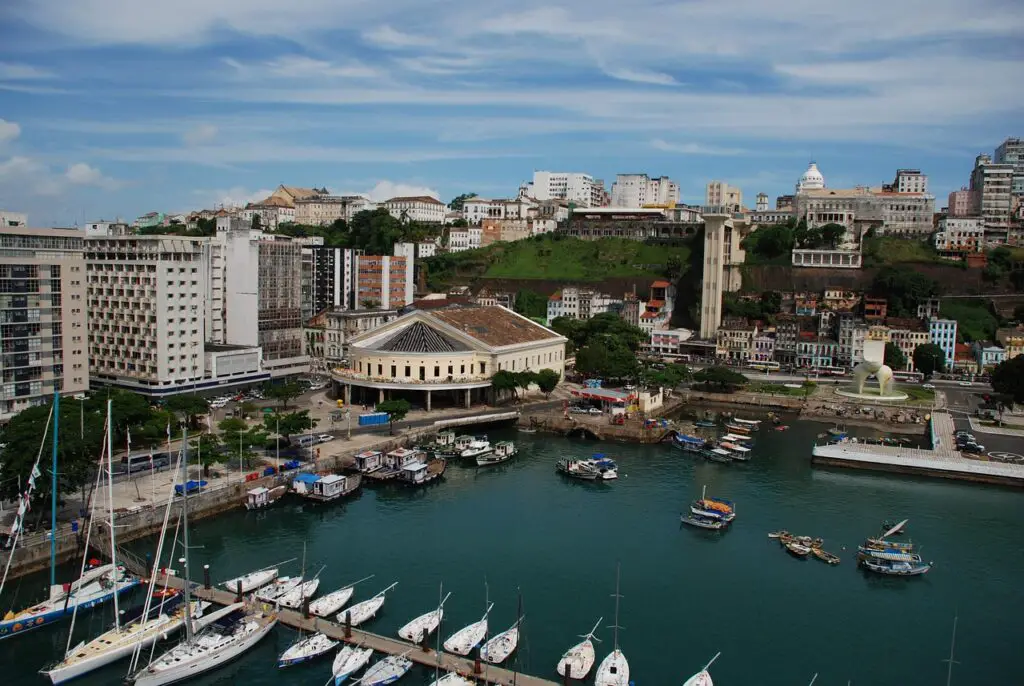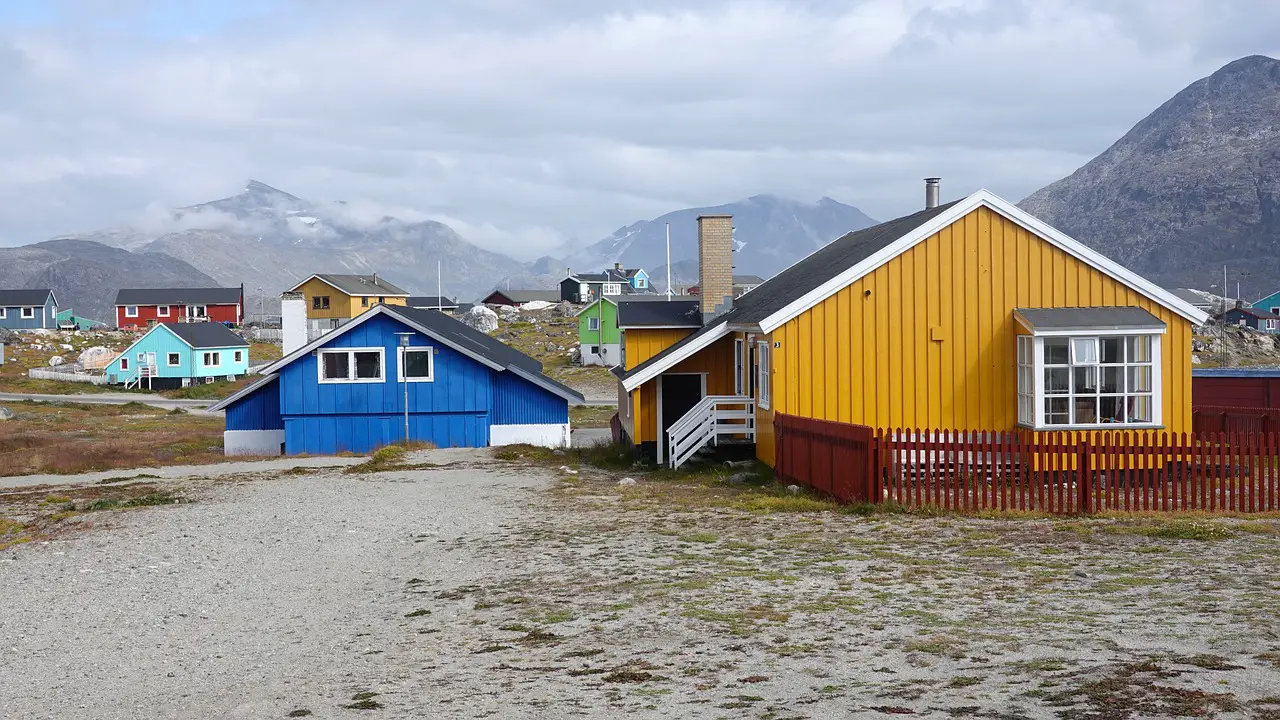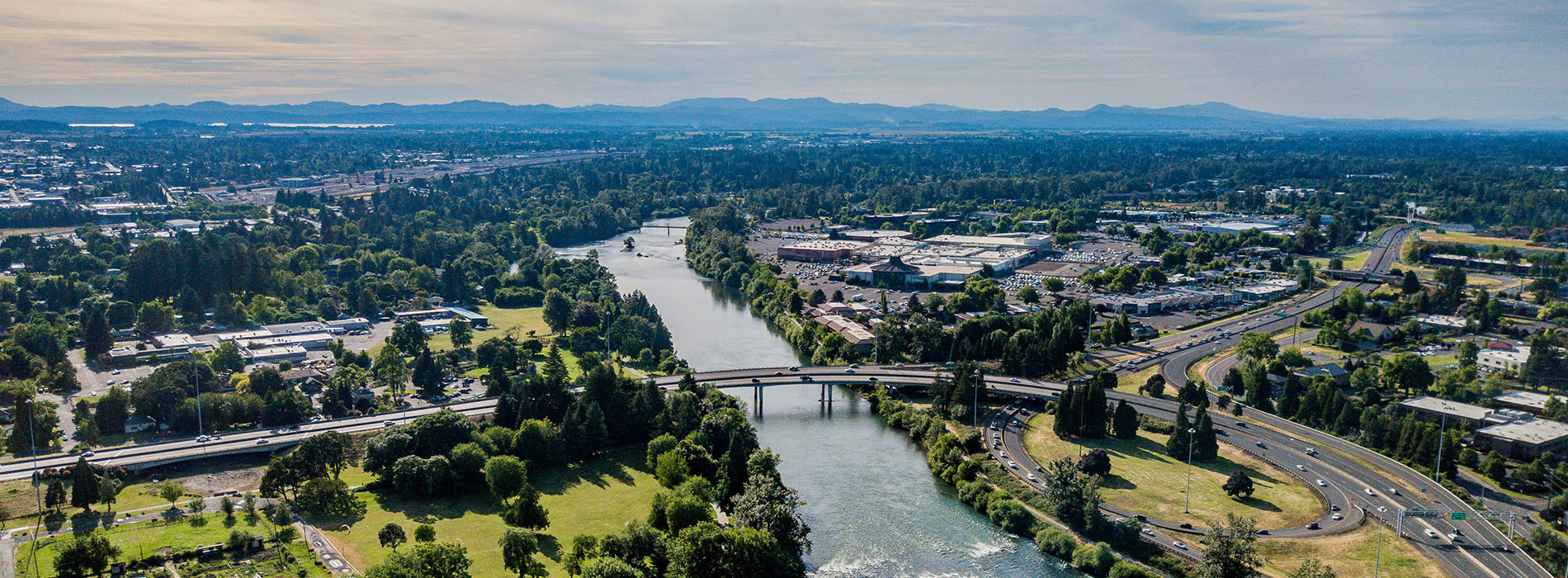El Salvador, a vibrant Central American nation known for its stunning beaches, lush rainforests, and rich cultural heritage, has emerged as an attractive destination for digital nomads. With the introduction of its Digital Nomad Visa, El Salvador is positioning itself as a hub for remote workers, freelancers, and entrepreneurs seeking a blend of affordability, natural beauty, and a welcoming environment. This visa allows individuals to live and work remotely in El Salvador for up to two years, with the possibility of renewal for an additional two years. The program is part of El Salvador’s broader initiative to attract global talent, boost tourism, and stimulate economic growth, particularly in the context of its progressive adoption of Bitcoin as legal tender.
This comprehensive guide explores the requirements, application process, benefits, and practical considerations for obtaining the El Salvador Digital Nomad Visa. Whether you’re a seasoned digital nomad or someone exploring the lifestyle for the first time, this article will provide all the information you need to make an informed decision about relocating to El Salvador.
What is the El Salvador Digital Nomad Visa?
The El Salvador Digital Nomad Visa is a residence permit designed specifically for remote workers, freelancers, entrepreneurs, and students who earn income from sources outside of El Salvador. Unlike traditional work visas, this program does not require employment with a local company, making it ideal for those who work for foreign employers or clients. The visa allows holders to live legally in El Salvador while continuing their remote work, offering a unique opportunity to experience the country’s affordable cost of living, vibrant culture, and natural attractions.
The visa is initially valid for 12 months, with the option to renew for up to two additional years, allowing a total stay of up to four years. For those who fall in love with El Salvador, there is a pathway to permanent residency after three consecutive years of holding the Digital Nomad Visa, provided additional requirements, such as passing a Spanish language exam (DELE B1), are met.
Why Choose El Salvador?
El Salvador offers a compelling mix of advantages for digital nomads:
Affordable Cost of Living: Compared to other popular digital nomad destinations like Costa Rica or Mexico, El Salvador is significantly more affordable. Monthly expenses for a single person (excluding rent) are estimated at around $500–$700 USD, with affordable housing options in cities like San Salvador and beach towns like El Tunco.
Stunning Natural Beauty: From the surf-friendly beaches of El Tunco and El Zonte to the lush rainforests of El Imposible National Park and the volcanic landscapes of the Ruta de las Flores, El Salvador is a paradise for nature lovers.
Crypto-Friendly Environment: As the first country to adopt Bitcoin as legal tender, El Salvador appeals to tech-savvy nomads and crypto enthusiasts, with many businesses in tourist areas accepting Bitcoin.
Growing Digital Nomad Community: Cities like San Salvador, Santa Ana, and La Libertad are becoming hubs for remote workers, offering coworking spaces, reliable internet in urban areas, and a vibrant expat community.
Tax Benefits: Foreign-earned income is not taxed in El Salvador, making it a financially attractive destination for digital nomads.
Improved Safety: Recent government efforts to reduce gang violence have significantly improved safety, making El Salvador a more appealing destination for visitors and residents alike.
However, challenges such as limited infrastructure in rural areas, potential language barriers, and safety concerns in certain regions should be considered when planning your move.
Eligibility Requirements
To qualify for the El Salvador Digital Nomad Visa, applicants must meet the following criteria:
Remote Work or Self-Employment: Applicants must demonstrate that they work remotely for a company or clients based outside of El Salvador. This includes:
Employees of foreign companies.
Freelancers with international clients.
Entrepreneurs with businesses registered outside El Salvador.
Students conducting remote work or studies.
Minimum Monthly Income: A minimum monthly income of $1,460 USD is required. For those traveling with dependents (e.g., spouse or children), the income requirement increases (e.g., $2,260 for a couple with one child). Proof of income can include bank statements, employment contracts, or business invoices.
Valid Passport: Your passport must be valid for at least six months from the date of arrival in El Salvador. A scanned copy of all passport pages is required.
Clean Criminal Record: Applicants must provide a criminal record check from their home country or any country of residence in the past two years, issued within the last six months.
Health Insurance: Comprehensive health insurance coverage valid for the entire stay in El Salvador is mandatory.
Sworn Statement: A notarized affidavit, signed before a Salvadoran notary, stating the origin of your income, that you have sufficient means, and that you will not engage in work within the Salvadoran economy.
Additional Notes:
Documents: All documents issued abroad must be apostilled (authenticated) and translated into Spanish by a certified translator.
Dependents: Immediate family members (spouse and children) can be included in the application, but additional proof of income to support dependents is required.
No Local Employment: The visa strictly prohibits working for local employers. Exceptions may apply for specialized roles with government institutions or teaching positions.
Application Process
The application process for the El Salvador Digital Nomad Visa is straightforward but requires careful preparation to avoid delays. Below are the steps to apply:
Step 1: Determine Eligibility
Confirm that you meet the eligibility criteria outlined above. Ensure you have a stable remote income, a valid passport, and the ability to obtain a clean criminal record and health insurance.
Step 2: Gather Required Documents
Collect the following documents:
Completed Application Form: Download the visa application form from the official El Salvador immigration website (e.g., www.evisaelsalvador.com) or obtain it from a Salvadoran embassy or consulate.
Valid Passport: A scanned copy of all passport pages.
Proof of Remote Work: A notarized copy of your employment contract, a letter from your employer, or contracts with international clients.
Proof of Income: Bank statements or other documents demonstrating a minimum monthly income of $1,460 (or higher for dependents) over the past six months.
Criminal Record Check: A certified document from your home country or country of residence, issued within the last six months.
Health Insurance: Proof of comprehensive medical insurance valid for your entire stay in El Salvador.
Sworn Statement: A notarized affidavit confirming the source of your income and that you will not work in the Salvadoran economy.
Power of Attorney (if applicable): If applying through an agency, a power of attorney document authorizing a Salvadoran lawyer to act on your behalf.
Translations and Apostilles: Non-Spanish documents must be translated into Spanish by a certified translator and apostilled where applicable.
Step 3: Schedule an Appointment
If applying from your home country, book an appointment with the nearest Salvadoran embassy or consulate. If you’re already in El Salvador on a tourist visa, you can apply through an authorized agency or directly with the General Directorate of Immigration.
Step 4: Submit the Application
Submit the completed application form and all required documents at your appointment or through an authorized agency. Pay the visa application fee, which varies by consulate but typically ranges from $40 to $70 USD. Some sources indicate an initial visa fee of up to $2,825 USD, with renewals costing $450 USD.
Step 5: Await Processing
The processing time for the El Salvador Digital Nomad Visa is approximately 45 days. You will receive an email or notification regarding your application status. Ensure all documents are accurate and up-to-date to avoid delays.
Step 6: Register Upon Arrival
If your visa is issued outside El Salvador, you must register with the General Directorate of Immigration within five business days of entering the country.
Step 7: Visa Renewal (Optional)
To renew the visa, submit an application within 30 days of its expiration, along with updated proof of income and health insurance. The visa can be extended for up to two additional years.
Costs Associated with the Visa
The costs for the El Salvador Digital Nomad Visa vary depending on the application method and consulate:
Application Fee: Typically between $40 and $70 USD, though some sources report an initial fee of $2,825 USD and $450 USD for renewals.
Document Preparation: Costs for apostilles, translations, and notarizations vary by country but can range from $50 to $200 USD.
Agency Fees: If using an immigration agency, fees may include document preparation, legal assistance, and administrative expenses. Some agencies offer all-inclusive packages.
Health Insurance: Comprehensive health insurance costs depend on the provider and coverage level, typically ranging from $50 to $150 USD per month.
Living Expenses: Monthly living costs in El Salvador are approximately $500–$700 USD (excluding rent), with rent for a one-bedroom apartment in San Salvador or coastal areas ranging from $300 to $600 USD.
Benefits of the El Salvador Digital Nomad Visa
The Digital Nomad Visa offers several advantages:
Long-Term Stay: Up to four years of legal residency, with the option to apply for permanent residency after three years.
Tax Exemptions: No taxes on foreign-earned income, making it a cost-effective option for remote workers.
Multiple Entries: Visa holders can travel in and out of El Salvador, provided they meet minimum stay requirements (e.g., not spending more than six consecutive months abroad).
Family Inclusion: Immediate family members can be included in the application, allowing families to relocate together.
Cultural and Natural Attractions: Access to El Salvador’s beaches, volcanoes, and cultural sites, such as the UNESCO-protected Joya de Cerén and the colonial town of Suchitoto.
Crypto-Friendly Policies: The ability to use Bitcoin in many tourist areas adds convenience for tech-savvy nomads.
Challenges and Considerations
While El Salvador is an attractive destination, there are some challenges to consider:
Internet Connectivity: Reliable internet is available in major cities like San Salvador, but rural and beach areas may have slower speeds.
Safety Concerns: Despite recent improvements, some areas still require caution, particularly outside major cities. Check travel advisories and avoid traveling at night.
Language Barriers: Spanish is the official language, and while some locals speak English, learning basic Spanish can enhance your experience.
Limited Infrastructure: Outside tourist areas, services like healthcare and public transportation may be limited. Major hospitals are primarily located in San Salvador.
Residency Requirements: To maintain visa status, you must not be abroad for more than six months in a calendar year.
Tips for Living in El Salvador as a Digital Nomad
Choose the Right Location: Popular digital nomad hubs include:
San Salvador: The capital city offers reliable internet, coworking spaces, and vibrant nightlife.
El Tunco and El Zonte: Ideal for surfers and beach lovers, with a growing expat community.
Santa Ana: A cultural hub with a relaxed atmosphere and proximity to natural attractions.
Learn Basic Spanish: Basic Spanish skills will help you navigate daily life and connect with locals.
Invest in Health Insurance: Ensure your insurance covers medical emergencies and routine care. Companies like Genki are popular among digital nomads.
Join the Expat Community: Engage with local and expat communities through coworking spaces, meetups, and online forums to build a support network.
Explore Responsibly: Visit cultural sites like Joya de Cerén and natural wonders like El Imposible National Park, but always follow safety guidelines and respect local customs.
Stay Updated: Check the General Directorate of Immigration’s website (e.g., migracion.visas@seguridad.gob.sv) for the latest visa requirements and updates.
Conclusion
The El Salvador Digital Nomad Visa is an exciting opportunity for remote workers seeking to combine work with adventure in a country known for its affordability, natural beauty, and progressive policies. With a straightforward application process, low income requirements, and tax exemptions on foreign earnings, El Salvador stands out as a competitive destination for digital nomads. By meeting the eligibility criteria, preparing the necessary documents, and planning for the lifestyle adjustments, you can embark on a rewarding journey in this Central American gem.
Whether you’re drawn to the surf-friendly beaches, vibrant culture, or crypto-friendly environment, El Salvador offers a unique blend of opportunities for digital nomads. Start your application process today, and get ready to experience the freedom and adventure of living and working in El Salvador.
For more information or assistance, contact a Salvadoran embassy, consulate, or trusted immigration agency like Lincoln Global Partners or Nomads Embassy.














